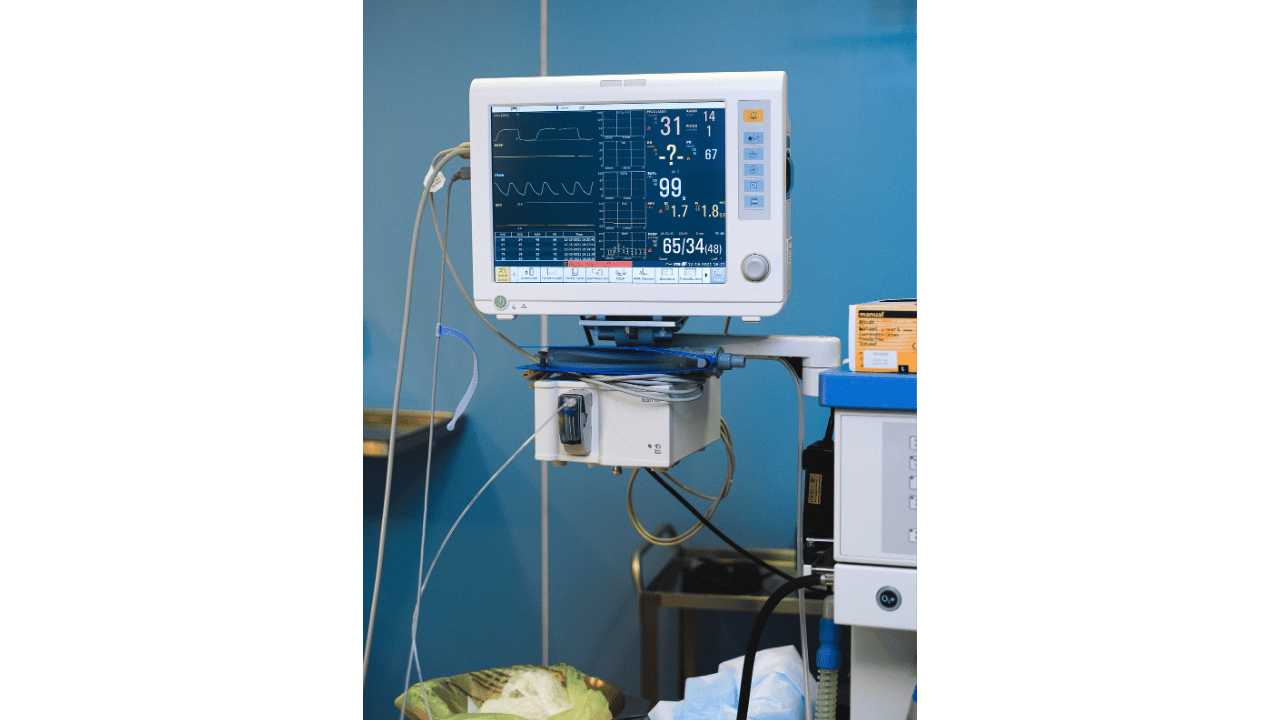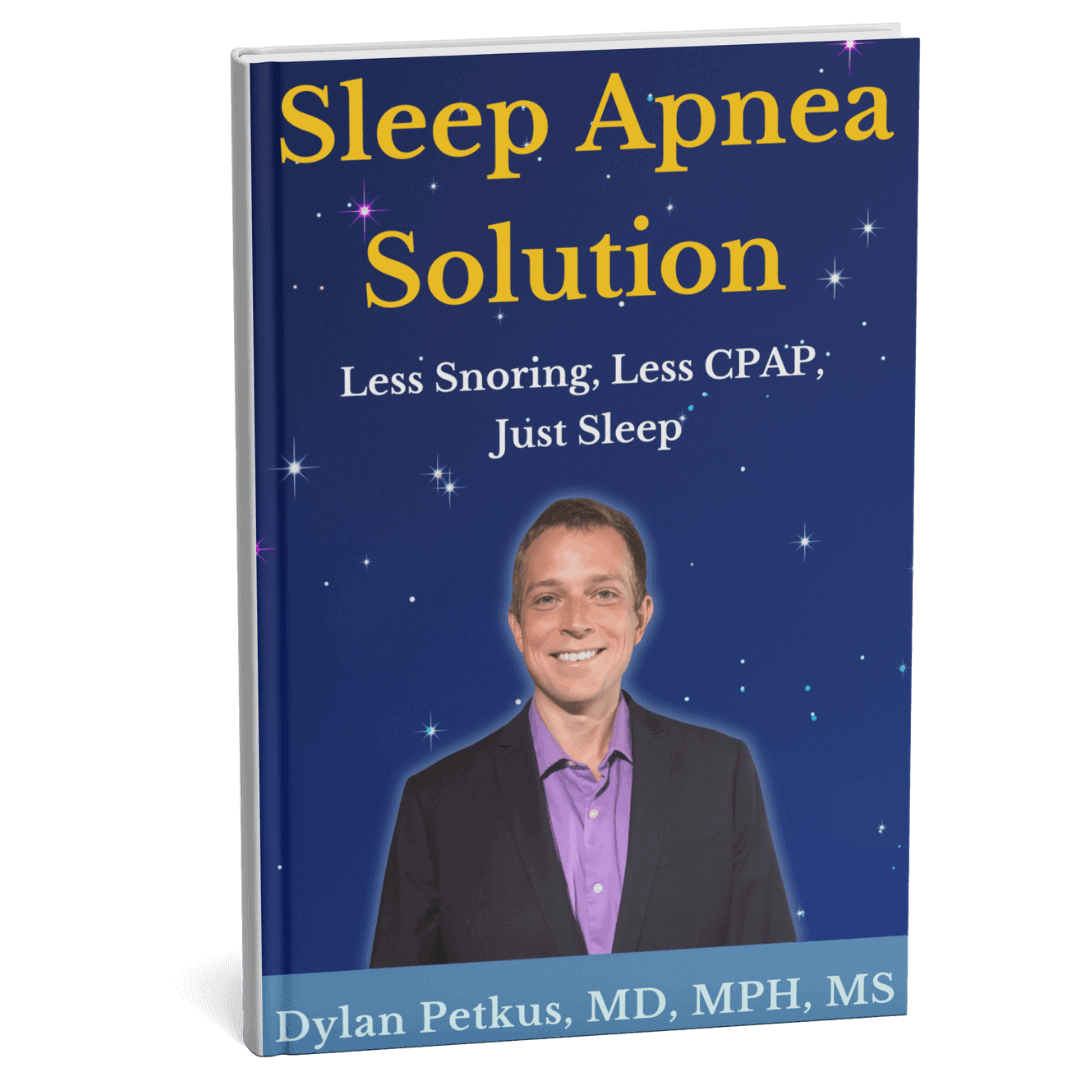
Sleep apnea isn’t necessarily a health emergency, but if left unaddressed, some people find that their symptoms worsen, become more severe, or contribute to greater health risks due to the impacts of long-term sleep disruptions and the strain on their cardiovascular health.
Johns Hopkins Medicine notes in its sleep apnea resources that around 3% of normal-weight adults develop sleep apnea, but this spikes to 20% or more of overweight or obese individuals, with connections to heart disease and diabetes, among other conditions.
Good quality sleep is essential for functioning, thinking, conversing, and being physically active. Therefore, sleep apnea may become more dangerous over time as it can potentially have a degenerative effect on vital functions, including the heart.
Can Sleep Apnea Damage Your Health?
The initial symptoms of sleep apnea are sometimes easy to ignore. They could include having a dry mouth, feeling tired in the morning, fatigue and grogginess, or headaches.
Leaving those symptoms as they are can be detrimental because even moderate obstructive sleep apnea can increase the danger of having an accident when driving. It can also mean you find it hard to complete your job or other responsibilities when you feel drained, foggy, and exhausted. In the long term, the risks become elevated as your body tries to cope with minimal rest and little restorative deep sleep.
Can hypertension cause sleep apnea, or vice versa? High blood pressure and sleep apnea are indeed linked as having one condition increases the risk or can prompt or exacerbate the other. Dips and peaks in blood pressure occur when your heart rate fluctuates at night and your breathing becomes fast and erratic or stops for a few seconds. This might contribute to higher blood pressure even during the day.
Taking action to understand sleep apnea, visit your practitioner or physician to assess any other health conditions you are worried about, and create a positive, healthy sleep environment can support the breathing techniques and exercises we suggest as an overall benefit to your wellbeing.

What Impacts Can Sleep Apnea Have on the Cardiovascular System?
Healthcare professionals have long noted that sleep apnea is typically combined with other prevalent conditions like heart problems and type 2 diabetes. The common thread is often thought to be obesity, which is a risk factor in each of these problems and can worsen the symptoms of sleep apnea. The extra weight presses on the lungs and narrows the throat due to the fatty deposits in this area.
There are many possible reasons sleep apnea could impact your cardiovascular system, depending on your overall wellbeing, nutrition, and activity levels. According to the American Heart Association, these might include:
- Fluctuations in blood pressure that can worsen current hypertension or contribute to high blood pressure
- Changes to your heart rate as it works harder to help you breathe (in some cases, sleep apnea can also be a factor in atrial fibrillation, where the heart beats erratically)
- Increased risks of coronary artery disease, stroke, and ventricular diastolic dysfunction, which creates extra strain on the heart and elevates the risk of heart failure
Although people with otherwise healthy lifestyles and with no indications of a cardiovascular illness may not be at any immediate risk, it is essential to acknowledge the long-term effects of sleep apnea and why these go far beyond feeling tired during the day. If you are worried about your heart health or have a history of cardiovascular disease in your family and are experiencing symptoms of sleep apnea, it is well worth scheduling a full assessment to put your mind at ease.

Overcoming Sleep Apnea to Avoid Longer-Term Health Complications
In almost every case, the best course of action is to boost natural, healthy nighttime breathing. This could help lower your sleep apnea symptoms, avoid the more serious impacts of a disrupted sleep cycle, and possibly even reduce your risk of developing a more severe health condition in the future.
Our latest book, Sleep Apnea Solution, provides further insights, guidance, and knowledge to start your journey to overcoming sleep apnea, with a wealth of resources available on-demand through the Optimal Circadian Health website. You can take charge of your overall health today by learning how to implement great sleep hygiene, breathing techniques to promote regulated breathing at night, and other approaches to assist with sleep apnea!
References:
- Marshall NS et al. Sleep apnea and 20-year follow-up for all-cause mortality, stroke, and cancer incidence in the Busselton Health Study cohort. J Clin Sleep Med. 2014;10(4):355-362.



